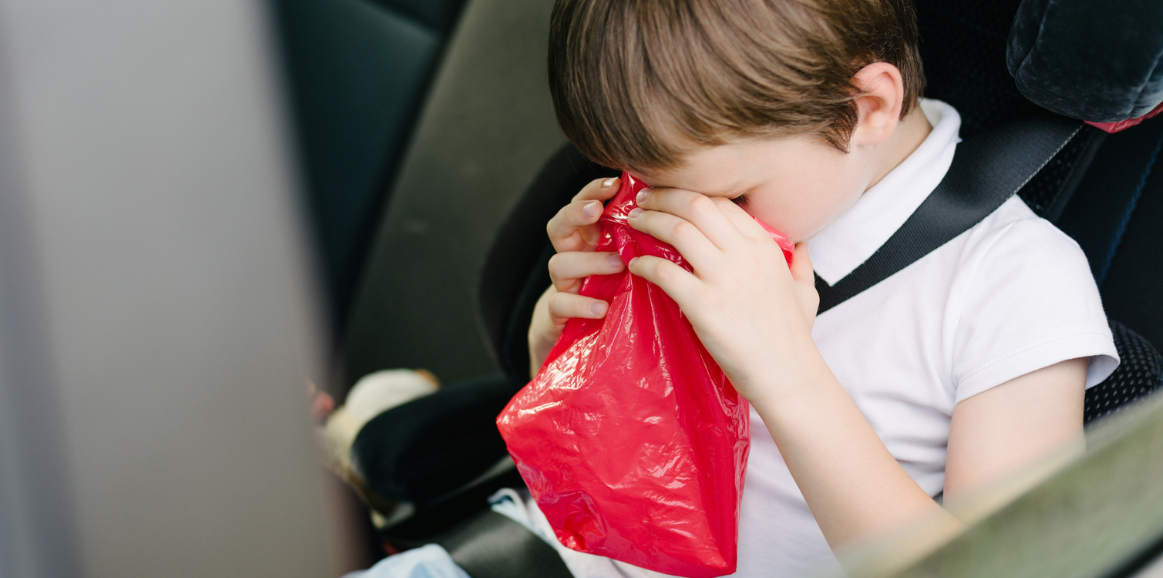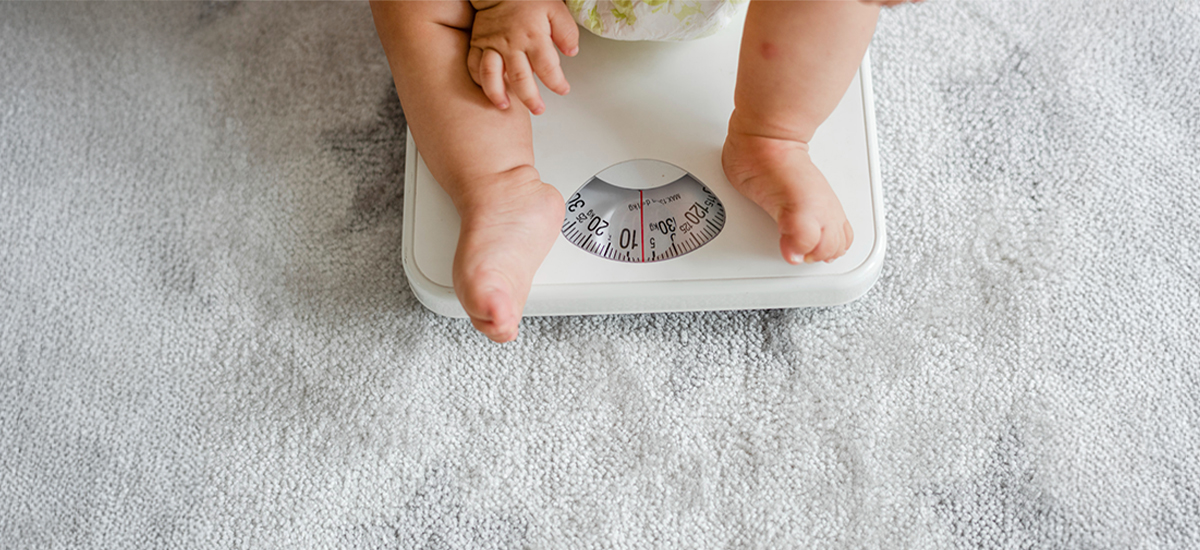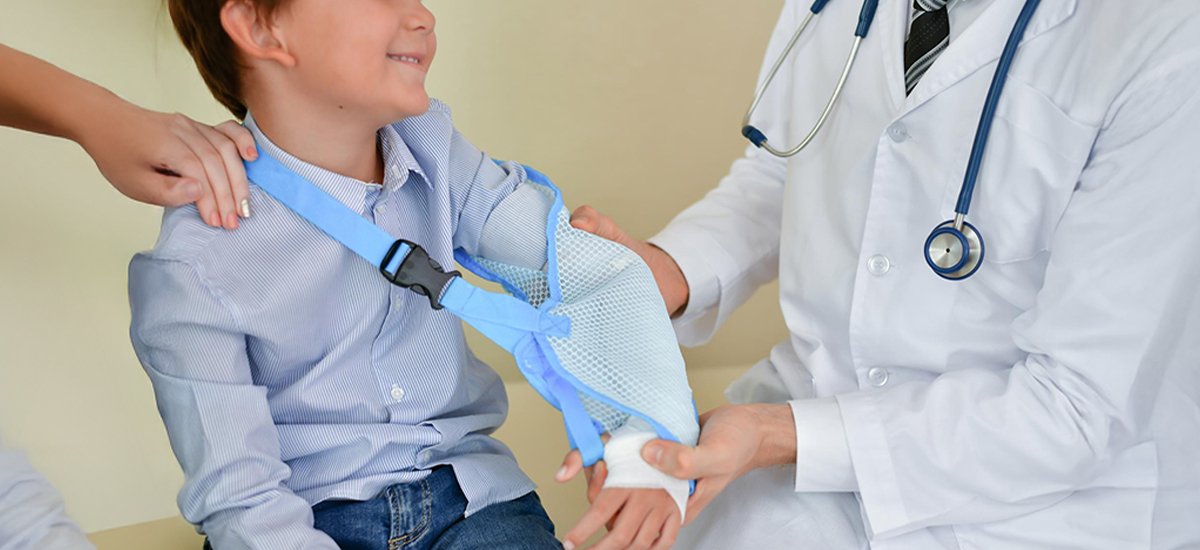Categories
What to Do If Your Child Has Excessive Vomiting or Diarrhea?
Jan 18, 2025
1. Stay calm and focus on hydration
The most important thing you can do when your child is experiencing vomiting or diarrhea is to maintain their hydration levels.
- Offer plenty of fluids: Encourage your child to drink small amounts of
fluids frequently. WHO-approved oral rehydration solution (ORS) is an excellent
choice because it helps replace lost electrolytes and fluids. If ORS is not
available, other readily available fluids like coconut water, clear soups, or barley/rice
water can be used.
- Ensure adequate fluid intake: Ensure your child is drinking enough to
compensate for the fluid loss. Even if they take small sips, consistency
is key.
- Monitor urine output: Keep monitoring the child’s urine output. Regular and adequate urine volume indicates adequate hydration.
2. When to seek Medical Attention?
While vomiting and
diarrhea are often manageable at home, certain signs may indicate that your
child needs medical care.
Take your child to the
nearest hospital immediately if you notice any of the following:
- Lethargy or Dullness:
If your child appears unusually tired or unresponsive, it could be a sign of dehydration or another underlying issue. - Decreased fluid intake:
If your child is refusing to drink fluids or their overall intake has significantly decreased, they may require medical intervention. - Reduced urine output:
A noticeable reduction in the frequency or volume of urine is a warning sign of dehydration.
Vomiting and diarrhea
can often be managed at home with proper hydration and care. If your child
shows signs of dehydration or their condition worsens, seek medical attention
promptly. By staying informed and acting quickly, you can help your child
recover comfortably and avoid complications. Remember, hydration is the key to
managing these symptoms effectively.
Our 24/7 Consultant Led Advanced Pediatric Emergency Services are always prepared to handle any health emergency your child may face!











